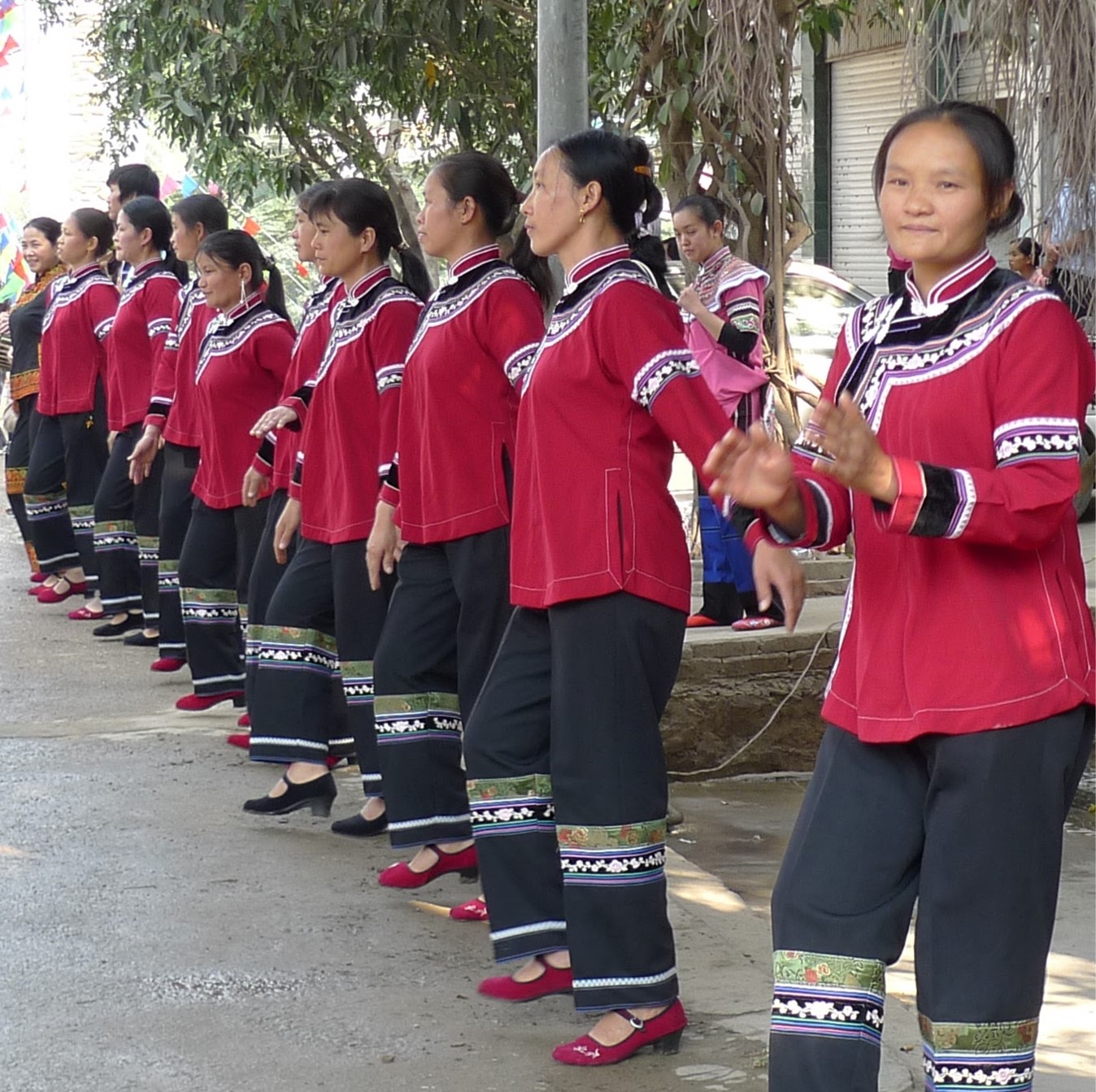3.1.1. About the third module of Water Works
Course subject(s)
3. Fish out of water: Who makes water systems?
Welcome to Week 3 of Water Works!
Hani people by Lučka Ažman, CC BY-NC-ND
Last module we recognized the spatial imprint of historic water systems, their change over time and their relation to institutional and cultural practices.
Waterworks used to be the result of everyday practices of living with water, but nowadays they are controlled by individuals and institutions with often specific interests, for example water management or heritage preservation. Both such individuals and institutions are what we call stakeholders.
Because of their specific and different interests, this situation can lead to stakeholders striving for conflicting goals. For instance: large public and private authorities control water, while diverse institutions on a municipal, national and international level take care of heritage. Only recently have these stakeholders recognized the importance of studying water and heritage in conjunction to achieve better results.
In this module you will identify the varying ways in which individuals, communities and institutions value water, from past to present. You will recognize some of the stakeholders involved in classifying an object as heritage and creating water heritage systems, and finally analyze the commonalities, interdependencies, and conflicting interests of stakeholders.
Good luck and enjoy it!

Water Works: Activating Heritage for Sustainable Development by TU Delft OpenCourseWare is licensed under a Creative Commons Attribution-NonCommercial-ShareAlike 4.0 International License.
Based on a work at https://online-learning.tudelft.nl/courses/water-works-activating-heritage-for-sustainable-development//




